It was the winter of ’67-’68. The country was at war and guys my age were being sent to the jungles of Viet Nam to defend against something called “The Domino Theory.” No one could explain why it was worth dying for, but hundreds of Americans were returning home in body bags, or not returning at all.
I was training to become an electronic spy (no kidding) at the “Country Club of Army Bases,” Fort Devens MA. Since I had a whole month off from the Army, I convinced my lady friend Susan that we could find jobs working a couple of hours a day at one of the cute little ski lodges in Vermont, in exchange for food, lodging and a ski pass. Not sure why she bought that, but on one of our weekend trips leading up to the Holidays we secured just such an arrangement at the newly opened Vern’s Ski Lodge in cute little (pop. 450) Wilmington, Vermont.
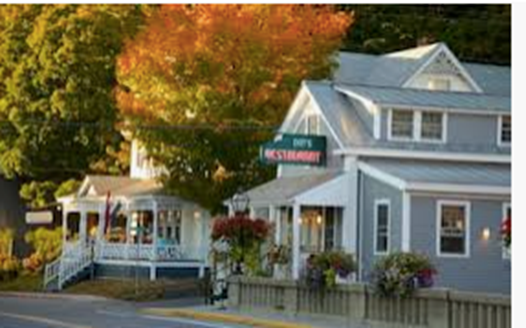
The Holidays arrived, Duane and Susan arrived, but the hoped for snow did not–replaced instead by a steady drizzle of freezing rain.
Fortunately, Susan had a backup plan, Funny how that works. After a damp phone call at a nearby pay phone (remember those?), Susan jumped back into my car announcing with a wide grin that we were spending Christmas with some lifelong friends at a place called Eastern Point on Cape Ann, Mass.
Considering the circumstances, that sounded like a helluva plan.
After about a four hour drive, we were overlooking Gloucester Bay, and in the distance Cape Ann. Wow, Christmas in New England! Cape Ann is the northeastern tip of the big C shaped coastline that forms Boston harbor, and Eastern Point is the rocky fist that sticks out from the Cape to challenge the wind and waves of the often angry Atlantic Ocean.
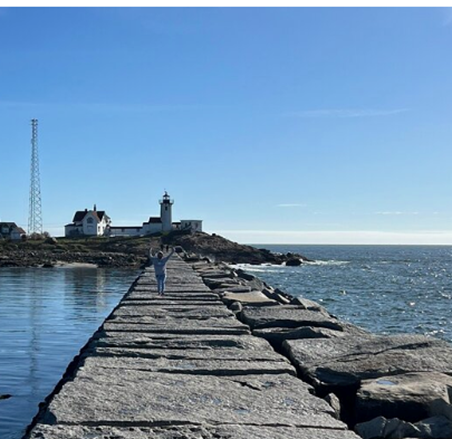
The road narrowed to one lane, marked by “Private Drive” and “No Public Access” signs. Ahead, I could see a stone lighthouse, obviously very old, and a two-story residence nearby.
“That’s where we’re staying.” Susan announced.
Right out of a movie, and a few decades later the movie PERFECT STORM was filmed near there.
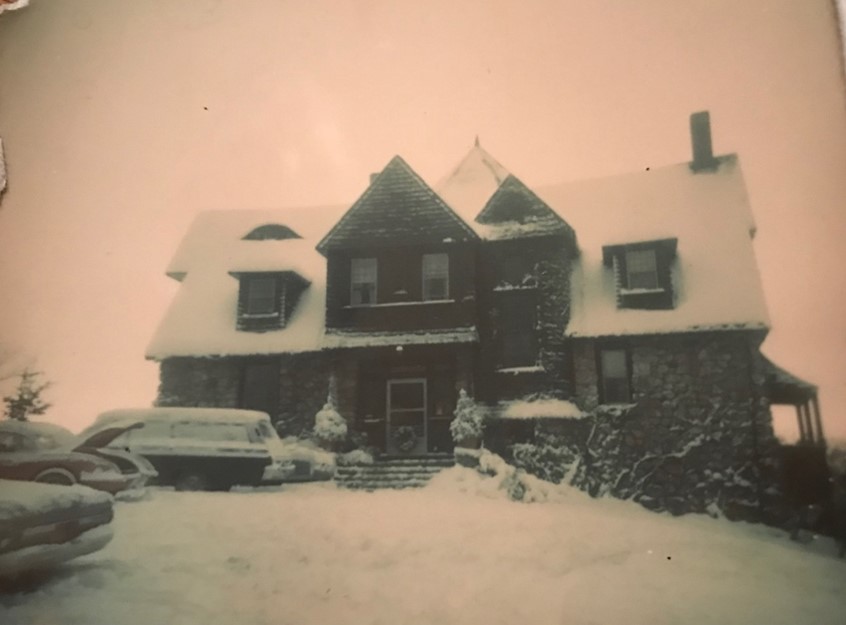
The afternoon was getting late, and the lighthouse was already casting its beam at the incoming fog. Susan told me the master of the house was Captain Curtis, a third or fourth generation sea captain, now retired. The lady of the house was a still-practicing M. D. , and Susan had been friends with their family since grade school.
When MGM filmed their adaptation of Rudyard Kipling’s CAPTAINS COURAGEOUS, there are two sailing ships in a race scene, and the one with the curved bow belonged to Captain Curtis’ grandfather.
Susan was a third or fourth generation Towny (depending on how you count such things) from nearby Marblehead, as well as being a multi-generational member of the Marblehead Yacht Club.
If I’d a known I’d a brushed up on me sea lore.
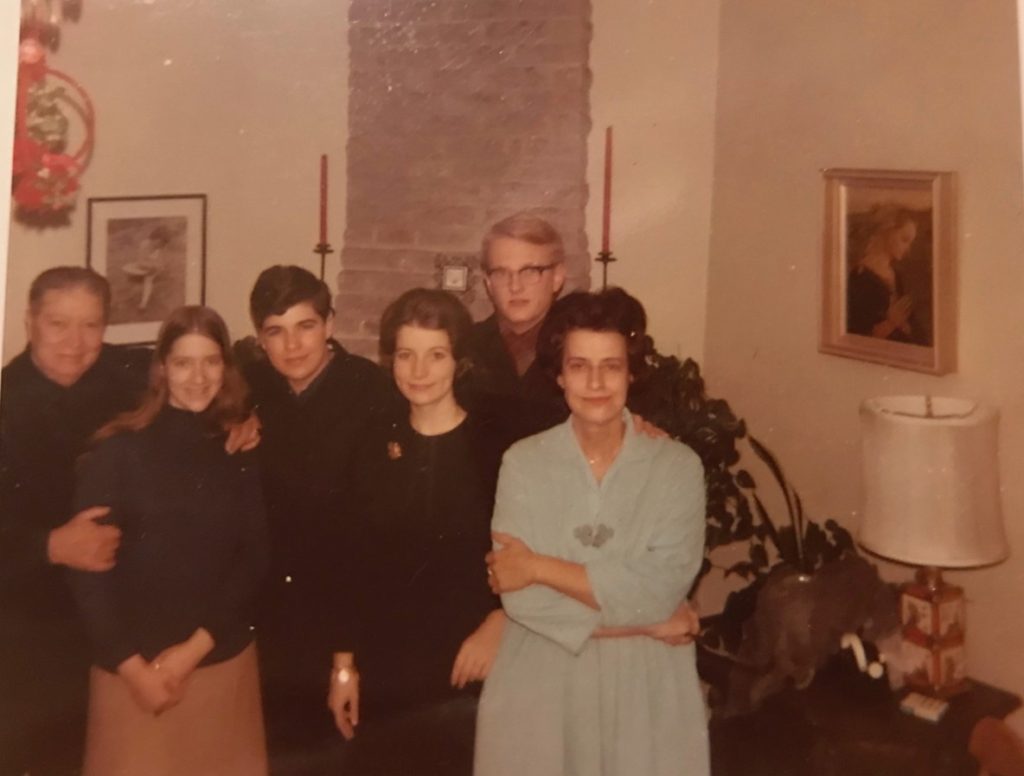
The Curtis family couldn’t have been more gracious. They gave me a room on the second floor, with a door that opened onto a “widow’s walk,” where I assume the grieving widow spent her days watching for the sails of her long overdue lover.
The lighthouse was by now getting serious, and the foghorn had joined in warning ships away from the rocky shore. Funny how quickly you get used to the all night “Waa—Hoooo” of the horn. Like living next to a railroad track I guess. After a while you don’t hear it.
Over the next week or so, we all became good friends. When I told one of the Curtis’ visitors (there were many) that I was studying art at BYU, he asked me, “Oh, what does your father do?”
When I said he was a painter, the visitor said, “Oh, is he a realist, an impressionist, or maybe a water colorist?”
I said, “No, he’s a house painter. Has a van with a ladder rack on the roof and everything.”
Awkward silence.
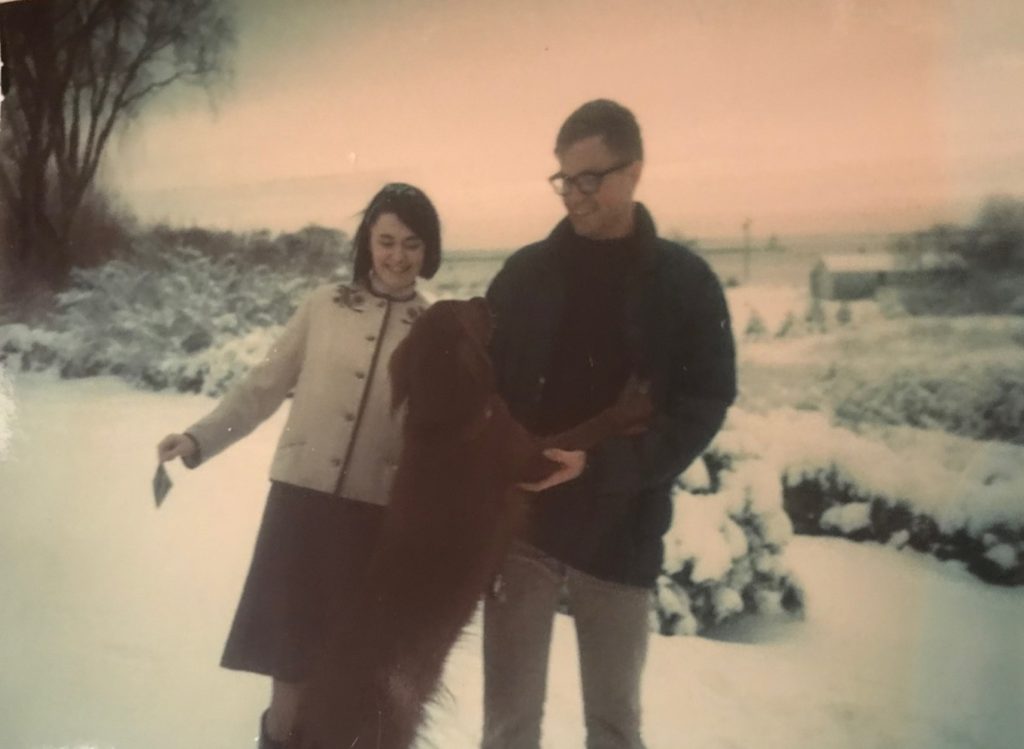
Unfortunately, the war-time romance didn’t work out, but I stayed in touch with the Curtis family, and I guess my visit did serve a purpose. Their eldest daughter, Liz, finished medical school in Boston and was offered a residency at LDS Hospital in Salt Lake City, Utah. Desperate to get out of Boston after a shattered engagement (“He left me standing at the altar!”), she accepted the position and is fond of saying “The Mormons saved me.”
When her new friends found out she was a practicing Catholic, “No one even tried to convert me.” Thanks folks. She still lives in the family home and practices medicine in the Gloucester area. Great lady.
Years later, when I became interested in genealogy, I found that I have a boatload (pun intended) of Curtis relatives starting about the colonial period, who lived in Boston and in the Maritime Provinces. Apparently they were seafarers, too.
During the Revolutionary War era (about 1775 to 1816), if you were a Yankee merchant and got stopped by an English man-o-war, you were in big trouble.
Conversely, if you were of English or Canadian registry and got stopped by a Yankee patrol boat, you were also in big trouble.
But, if you were registered in the Maritime Provinces, New Brunswick, Nova Scotia, etc., you could swing both ways. You rascals !!
My daughter, Michelle, who has heard this story many times, visited the Curtis home on several occasions when she lived in New York. She was always welcomed and even gets to stay in my old room. The lighthouse is still there, but the foghorn and the searchlight are long gone, replaced by the ubiquitous GPS system. Boring!
Liz, if you are reading this, THANKS AGAIN!
